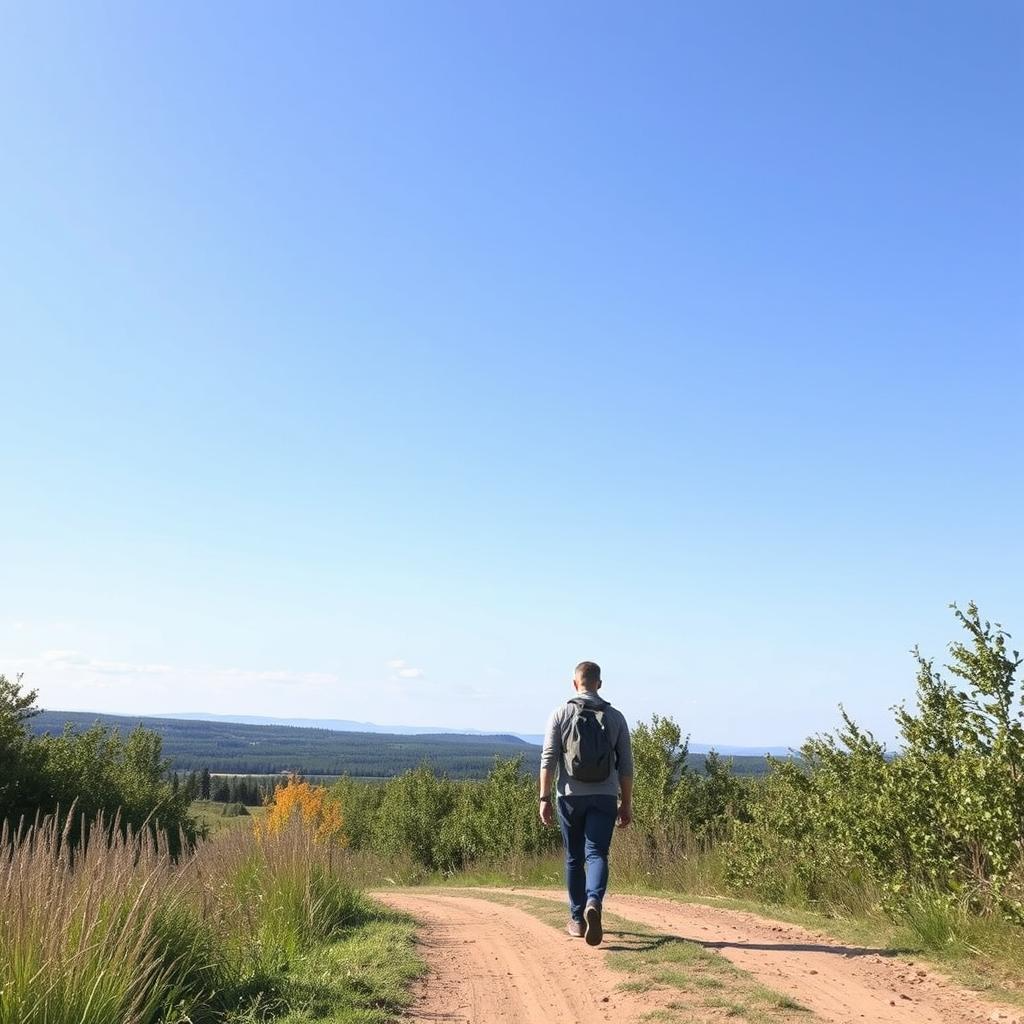What is mindfulness?
The term mindfulness has become increasingly popular especially when talking about one's spiritual and emotional well being and mental health. i the first thing that came to my mind was being concerned or caring towards others. today lets clarify and put into context what this seemingly difficult but yet simple practice is all about.

First can you answer these questions: when was the last time you had a walk simply just to enjoy it and take in your surrounding? when was the last time you eat slowly enough to truly taste your food and enjoy its flavors and notice how it makes you feel as you eat?
In today's fast-paced world, it's easy to feel overwhelmed. We're bombarded with notifications, deadlines, and a constant pressure to be productive. It's no wonder so many of us are feeling stressed, anxious, and disconnected. But there's a simple, powerful tool we can all use to combat this: mindfulness. No complicated rituals, no hours of meditation required (although that can be beneficial!). Just a conscious effort to notice what's happening within yourself and in the world around you, right now. Mindfulness is actually far more accessible than you might think. At its core, mindfulness is simply paying attention to the present moment, without judgment. It's about noticing your thoughts, feelings, and sensations as they arise, without getting carried away by them.

Why You Practice Mindfulness
The benefits of mindfulness are numerous and well-documented. Regular practice can lead to:
- Reduced Stress and Anxiety: By focusing on the present, you can break free from worrying about the future or dwelling on the past. We can break free from the cycle of worry and rumination.
- Improved Focus and Concentration: Mindfulness trains your mind to stay present, making it easier to concentrate on tasks. It trains our minds to be less easily distracted, enhancing our ability to stay present and engaged.
- Increased Emotional Regulation: Learning to observe your emotions without judgment allows you to respond in a more controlled and healthy way.
- Enhanced Self-Awareness: By tuning into your inner world, you gain a deeper understanding of yourself, your triggers, and your patterns.
- Better Sleep: A calm and focused mind is more likely to drift off to sleep easily.
- Better relationships: When we're present and attentive, we can connect with others more authentically and build stronger relationships.
Mindfulness in Action: Simple Practices You Can Start Today

The beauty of mindfulness is that you can practice it anywhere, anytime. Here are a few simple exercises to get you started:
- Mindful Breathing: This is the cornerstone of mindfulness. Find a comfortable position and simply focus on your breath. Notice the sensation of the air entering and leaving your body. When your mind wanders (and it will!), gently guide it back to your breath.
- Mindful Eating: Instead of rushing through your meals, take the time to savor each bite. Pay attention to the textures, flavors, and aromas. Put down your fork between bites and notice how your body feels.
- Mindful Walking: Take a walk and truly notice your surroundings. Feel the ground beneath your feet, observe the colors and shapes around you, and listen to the sounds of nature.
- Body Scan Meditation: Lie down in a comfortable position and bring your attention to different parts of your body, one at a time. Notice any sensations, without judging them. This can help you become more aware of tension or discomfort you might be holding in your body.
- Mindful Listening: When someone is speaking to you, put away your phone and give them your full attention. Listen without interrupting or planning your response. Just focus on understanding what they're saying.

Overcoming Common Challenges:
- "My Mind is Too Busy!": This is perfectly normal! The goal isn't to stop your thoughts, but to observe them without getting caught up in them.
- "I Don't Have Time!": Even just a few minutes of mindfulness each day can make a difference. Start small and gradually increase the duration as you become more comfortable.
- "I'm Not Good At It!": Mindfulness is a practice, not a skill. There's no right or wrong way to do it. Just keep showing up and being present.
Mindfulness is not a quick fix, but a journey of self-discovery. It's about cultivating a more peaceful and present way of living. By incorporating these simple practices into your daily routine, you can begin to experience the many benefits of mindfulness and find a greater sense of calm amidst the chaos of modern life. So, take a deep breath, and start your mindfulness journey today. You might be surprised at how much it can transform your life. "Be Bold, Make Your Impact & Enjoy Life!"

